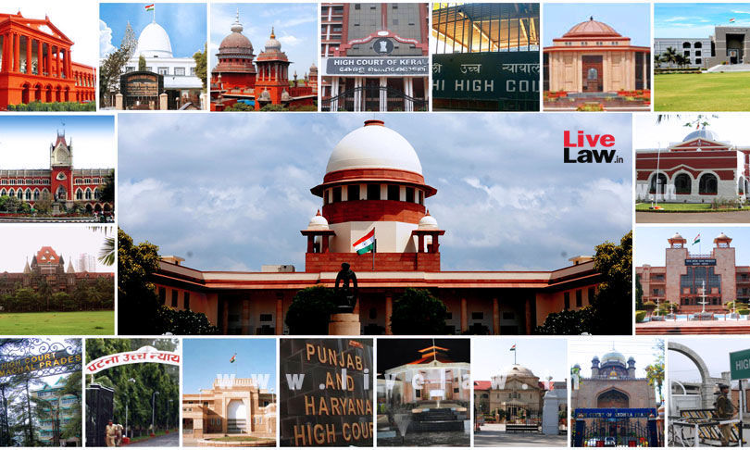The Supreme Court, on Monday, observed that there is no provision in the Constitution of India which prohibits lawyers practicing in the Supreme Court to be appointed as judges of High Courts. A Bench comprising Justice S.K. Kaul and Justice A.S. Oka noted the same while hearing a petition contending that as per Article 217 of the Constitution, a person who has been enrolled with a State...

